Key takeaways:
- Choose software with real-time communication and personalized service features to elevate guest satisfaction
- Automate routine tasks like housekeeping and maintenance to improve staff productivity and reduce errors
- Use software with robust analytics to track performance, forecast trends, and optimize hotel operations
- Look for tools that monitor energy, water, and waste to promote eco-friendly practices and cut costs
The right hotel management system empowers properties to streamline workflows, boost productivity, and improve the quality of guest interactions–all while increasing profitability. With countless options on the market, how do you find the software that best fits your operational and management needs?
By focusing on features that enhance your team’s effectiveness and your guests’ experience, you can make an informed choice that directly supports your property’s goals. Here are the top five things to look for when choosing hotel management software to ensure you select a solution that meets your specific needs.
1. Guest experience management
The guest experience is at the heart of every hotel’s success and ensuring that experience is consistently excellent is a top priority for any hotel manager. Therefore, one of the most important aspects of hotel management software is how it handles guest interactions. A strong system will provide tools that streamline and personalize the guest experience from check-in to check-out.
60% of guests prefer contactless communication options with hotel staff
Look for software that allows for real-time communication with guests, such as instant messaging or live chat. This enables staff to respond quickly to guest requests, questions or issues, ensuring a faster and more personalized service. Whether a guest needs extra towels or wants to make a dinner reservation, the ability to communicate in real-time improves their overall satisfaction. Additionally, software that tracks guest preferences and service requests can help personalize future visits, offering an elevated guest experience based on past interactions.
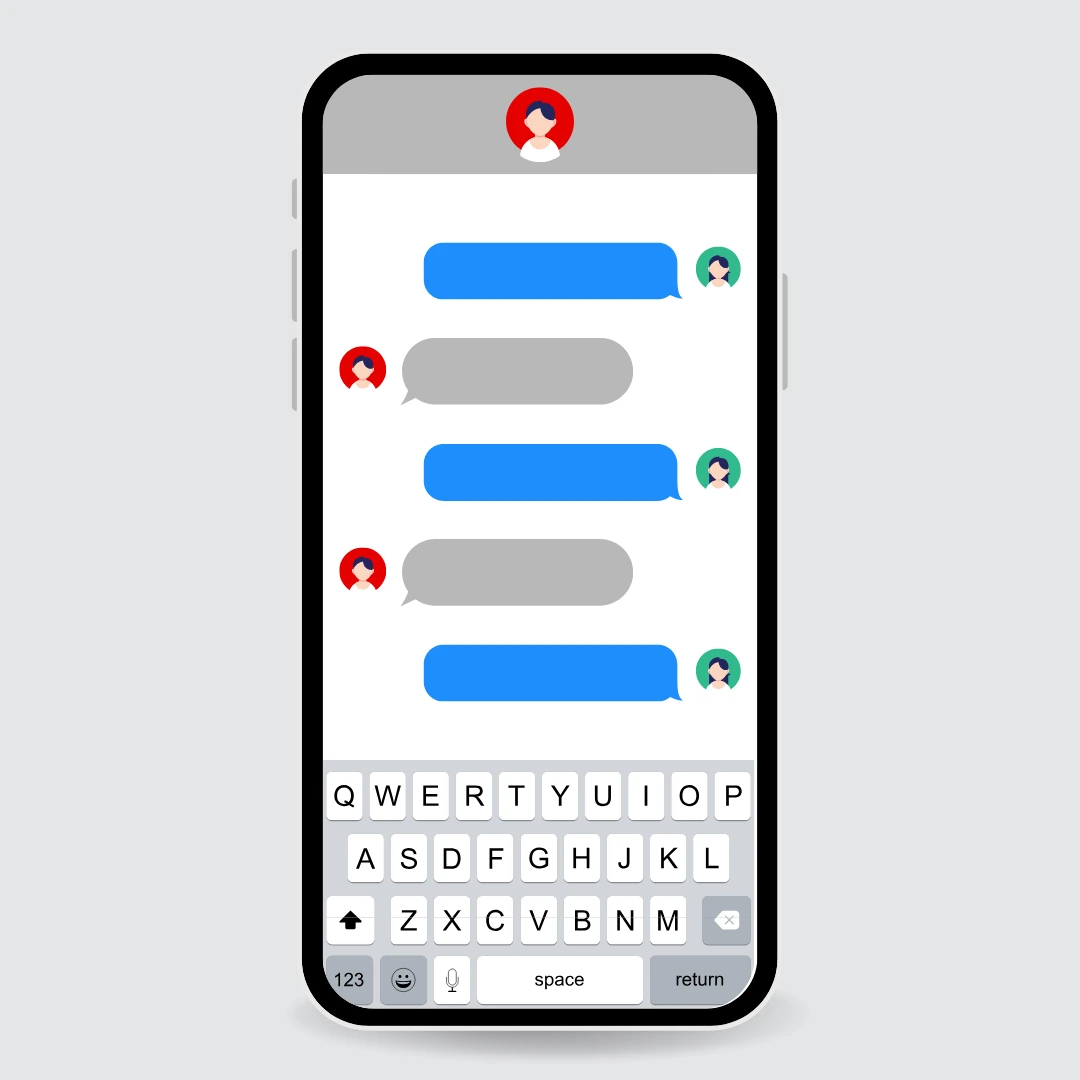
Guest experience management also extends to post-stay feedback. Software that automatically sends follow-up surveys to guests after check-out can provide valuable insights into what’s working well and where improvements can be made. The best hotel management systems aggregate this feedback into easy-to-read reports that help hotel operators make data-driven decisions to enhance future guest experiences.
In a time where online reviews heavily influence potential guests’ booking decisions, ensuring each guest has a positive experience is critical. Hotel management software with strong guest management features can significantly improve satisfaction by ensuring faster response times and more personalized service.
2. Task automation and efficiency
Managing the day-to-day tasks of a hotel can be a complex and overwhelming process, especially for properties with a large staff. One of the most valuable features in hotel management software is its ability to automate routine tasks, freeing up time for staff to focus on providing quality service rather than managing logistics.
Task automation can apply to a wide range of hotel operations, from housekeeping to maintenance to service requests. For example, the software should be able to automate room cleaning schedules, assign tasks to the appropriate staff members, and send notifications when tasks are completed. Automation tools also help streamline maintenance requests, ensuring that any reported issues—whether a leaky faucet or a broken lightbulb—are resolved quickly and efficiently.
In addition to the operational benefits, many hotel management software solutions now incorporate artificial intelligence (AI) to further enhance task automation. AI can analyze data in real-time to predict staffing needs, adjust room rates dynamically, or even personalize guest experiences based on preferences. By using AI-powered tools, hotels can optimize resource allocation and respond faster, reducing human error and improving efficiency.
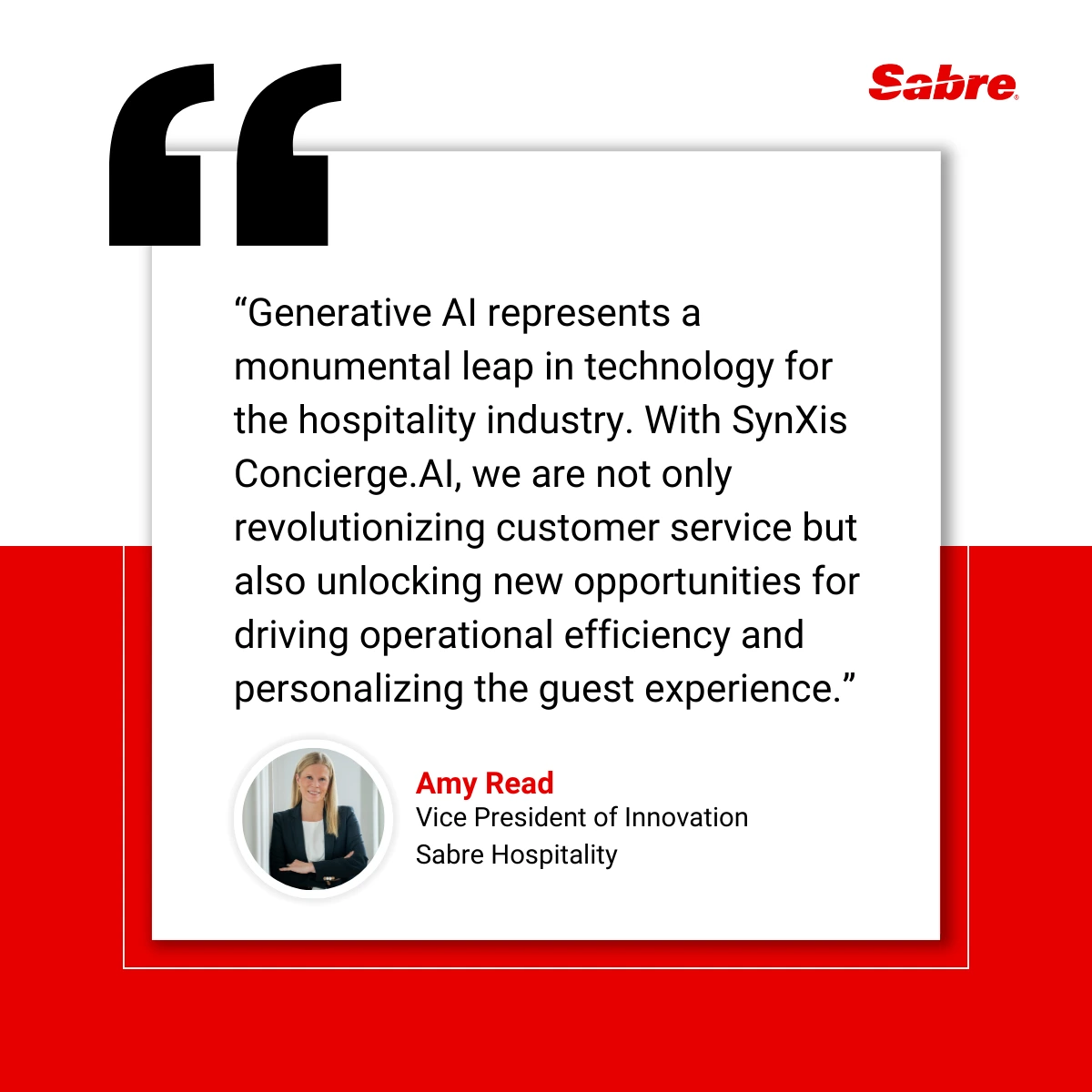
By automating these routine tasks, hotels can ensure that nothing falls through the cracks, resulting in a smoother and more efficient operation. Moreover, automated task management tools can track staff productivity, highlight areas for improvement, and ensure that the right people are handling the right tasks at the right time.
Real-time updates are another critical feature. The ability to view tasks and their completion status in real-time ensures that hotel managers can stay on top of operations and quickly address any bottlenecks. This level of visibility helps prevent miscommunication, ensures accountability, and ultimately leads to a better guest experience.
Hotels that automate routine tasks can operate more efficiently, reduce the chances of errors or delays, and improve staff productivity. With fewer manual processes to oversee, hotel managers can focus on delivering exceptional guest experiences and driving business growth.
3. Data-driven insights and reporting
Effective decision-making relies on access to detailed and accurate information about your hotel’s performance. One of the most valuable features of hotel management software is its ability to provide comprehensive reporting and analytics. These tools help hoteliers track key metrics, optimize operations, and make informed choices that drive both guest satisfaction and revenue.
Look for software that tracks important indicators like room occupancy rates, guest satisfaction, and service response times. These metrics provide valuable insight into the efficiency of your daily operations and can highlight areas that may need improvement. By understanding how your hotel is performing across various touchpoints, you can identify inefficiencies and take steps to address them, ensuring smoother operations and a better guest experience.
The ability to generate customizable reports is another crucial feature. A hotel management software should allow you to tailor reports to your specific needs, whether you’re looking for daily housekeeping performance, weekly revenue figures, or monthly guest feedback trends. Having this flexibility helps hotel managers focus on the data that is most relevant to their unique property and operations, making it easier to track progress and set meaningful goals.
Beyond basic reporting, some systems offer predictive analytics, which use historical data to forecast future trends. This can help you better anticipate demand, adjust staffing levels, and set more effective pricing strategies during high and low seasons. Predictive insights allow hoteliers to be more proactive in planning rather than simply reacting to operational challenges.
By offering in-depth reporting and analytics, hotel management software helps managers make smarter, more informed decisions. The ability to monitor performance, forecast trends and pinpoint areas for improvement gives you the tools to continually optimize your operations and deliver the best possible guest experience.
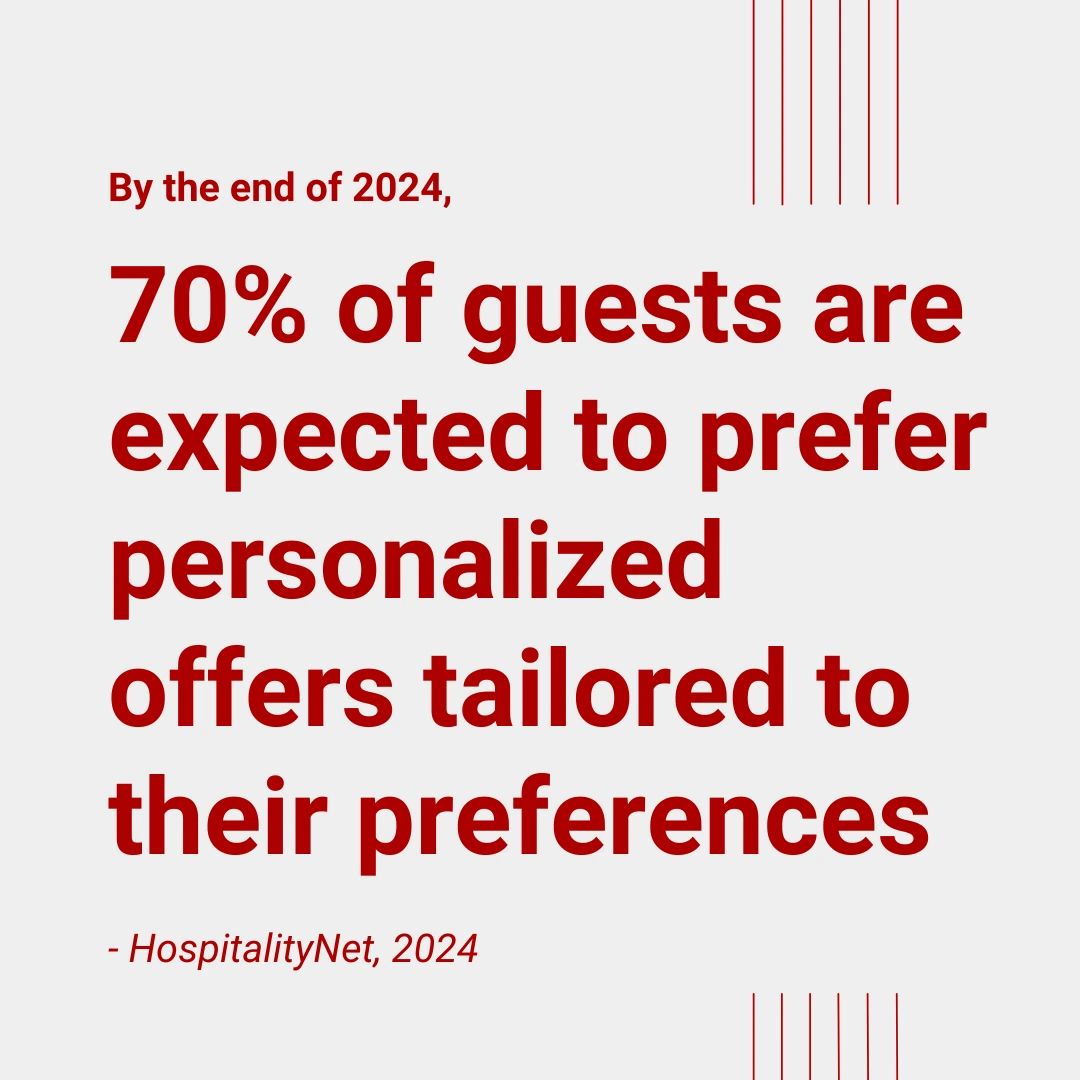
4. Integration with existing systems
Hotels rely on multiple systems to manage different aspects of their operations, from property management systems (PMS) to point-of-sale (POS) systems to customer relationship management (CRM) tools. When choosing a hotel management software, it’s crucial to ensure that it can integrate seamlessly with these existing systems.
The right software should serve as a central hub, connecting all of your hotel’s key systems and ensuring smooth data exchange between them. For example, if your PMS tracks guest bookings and room availability, your hotel management software should be able to pull that information to streamline housekeeping schedules or guest requests. Integration reduces the need for manual data entry, cuts down on errors, and improves the overall flow of operations.
Hotels using centralized communication platforms report a 24% increase in guest satisfaction
Another important integration to consider is with third-party solutions like online booking engines, revenue management tools, and channel managers. Having all your systems connected makes it easier to manage guest bookings, adjust pricing strategies in real-time, and ensure consistent availability across all distribution channels.
Without proper integration, hotel operations can become fragmented, leading to inefficiencies, miscommunications, and missed opportunities. Ensuring your software integrates smoothly with your existing systems will streamline operations and create a more cohesive experience for both staff and guests.
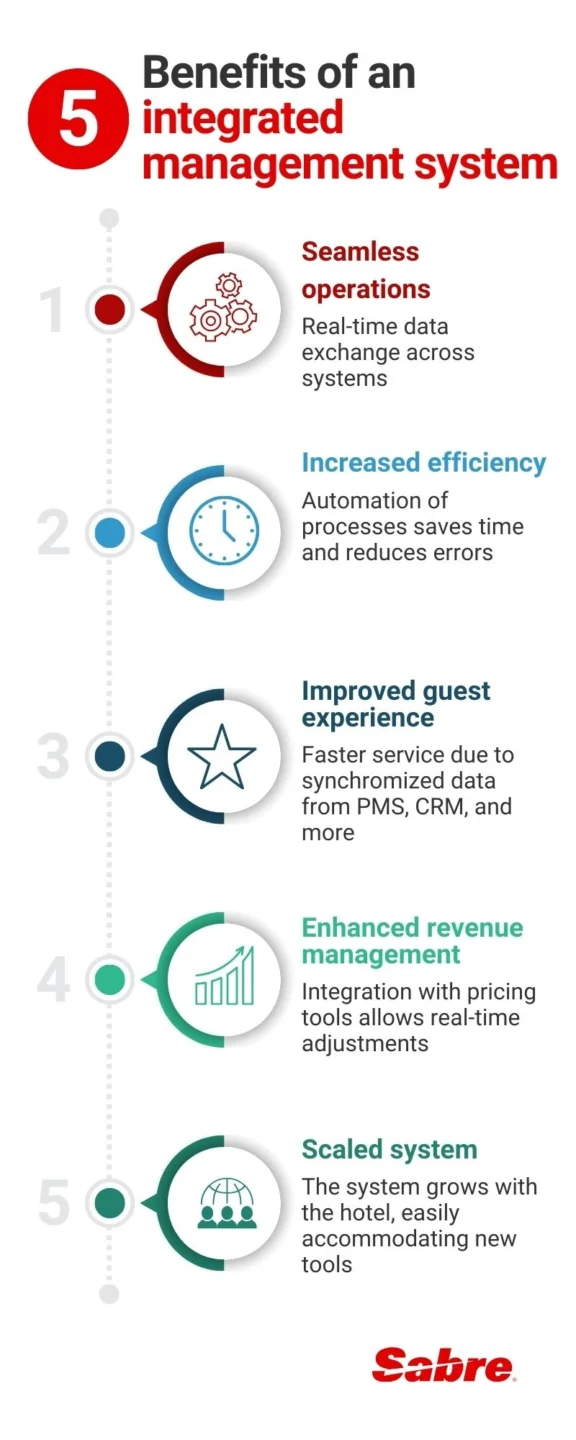
5. Sustainability and resource management
In recent years, sustainability has become a growing concern for both hoteliers and guests alike. Many travelers now consider a hotel’s environmental impact when making booking decisions, and hotels are seeking ways to reduce waste, conserve energy, and operate more sustainably.
Modern hotel management software can offer tools to help properties monitor and manage their energy consumption, water usage, and waste management. By tracking these resources in real-time, hotels can identify inefficiencies and implement cost-saving initiatives that benefit both the environment and the bottom line.
For example, the software might allow hotels to schedule energy-saving measures like adjusting thermostat settings during periods of low occupancy or monitoring water usage in guest rooms. Additionally, hotels can track waste generated by different departments and implement recycling programs to reduce their environmental impact.
Incorporating sustainability into hotel operations is not only good for the environment but can also attract eco-conscious travelers and reduce operational costs. By choosing hotel management software that supports sustainability initiatives, hoteliers can improve efficiency and meet the growing consumer demand for greener practices.
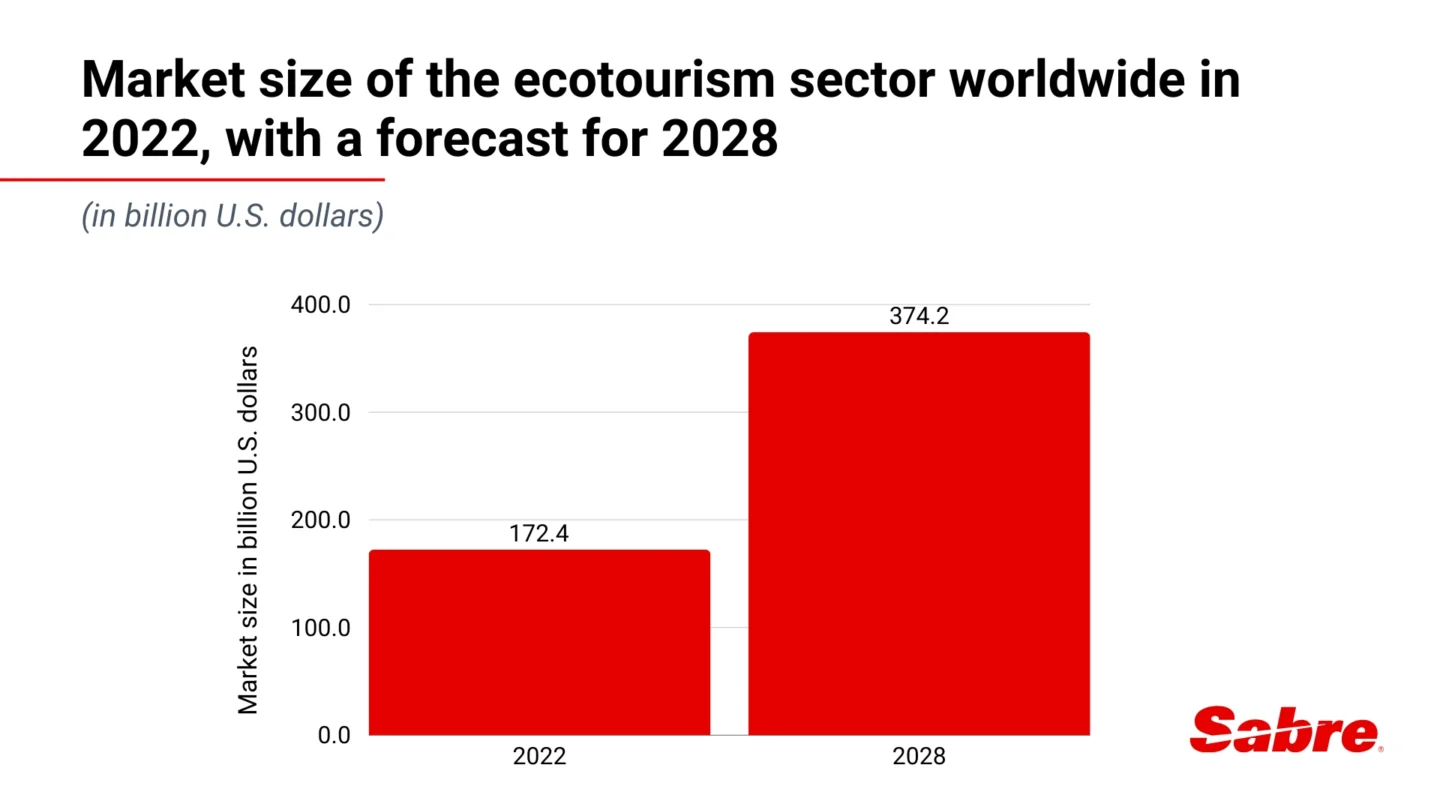
Choose the right software for success
Selecting the right hotel management software is a critical decision that can significantly impact your property’s operations and guest satisfaction. By focusing on key features like guest experience management, task automation, data-driven insights, system integration, and sustainability tools, you can ensure that your hotel is equipped to meet the evolving needs of modern travelers.
When evaluating your options, consider how well each system aligns with your property’s unique requirements and long-term goals. A well-chosen hotel management software solution can help you improve efficiency, provide a better guest experience, and position your property for future success.
Related articles:
Written by Maura Valentine
SynXis® Property Hub
SynXis® Property Hub offers a streamlined, cloud-native hotel property management solution to assist limited-service hotels with daily operations including reservation and folio management, accounting, housekeeping, and reporting.




